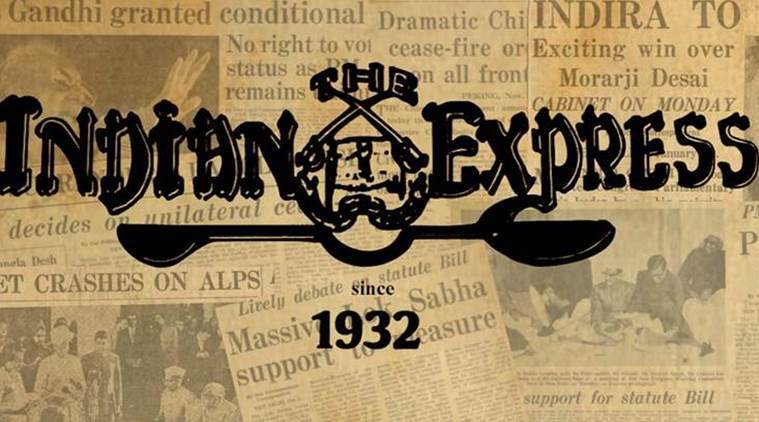 Mufti, who resigned as soon as the BJP announced its pull-out, and made clear that the party would not form government with another ally, continues to defend the alliance as one founded in a grand vision.
Mufti, who resigned as soon as the BJP announced its pull-out, and made clear that the party would not form government with another ally, continues to defend the alliance as one founded in a grand vision.
The BJP’s decision to exit the ruling alliance with the People’s Democratic Party in Jammu & Kashmir may not be as abrupt as it seems to be. At first sight, it is puzzling that the BJP should pull the plug on a government of which it was proud to be a part — this was the first time, after all, that the party had occupied the seat of power in a state that appeared closed to it before 2014. The government still had more than two years left of its six-year term. The BJP has said it had become “untenable” for it to continue in the partnership as the two objectives, peace and development, were nowhere near being achieved, and lamented the erosion of fundamental rights such as free speech and right to life. That is an argument that is unlikely to persuade, given that its government at the Centre decided for the better part of the last three years that the way forward in Kashmir was muscular force despite entreaties by the PDP to open dialogue with stakeholders. With its eyes fixed on the 2019 Lok Sabha election, the BJP has, by all accounts, sent out an assurance to its core constituency through this move that there will be no accommodation on Kashmir, even if it means giving up power in the state. The BJP had been hard put to explain its alliance with the PDP at several junctures, among others when it criticised the coming together of the Congress and JD(S) in Karnataka for government formation. Within the Jammu unit of the party, there was unhappiness at the accommodations that the BJP high command had to make with the PDP over the Kathua incident, sacking two of its ministers in the state cabinet for their support to the alleged rapists. The timing of the break-up, days before the Amarnath yatra, is also significant. Governor’s rule, now inevitable, is likely to give a free hand to the security forces.
The PDP leadership has said the break-up was not entirely unexpected, even though it seems caught by surprise. It was the PDP that was the unhappier partner in this coalition. Party chief Mehbooba Mufti had delayed her decision to continue with it for months after the death of her father, Mufti Mohammed Sayeed, keeping the BJP hanging. Her brother Tassaduq, who joined the government recently, gave voice to the frustration at the BJP’s hardline on Kashmir by describing the two parties as “partners in crime”. But the BJP blinked first, and the PDP must be feeling upstaged.
Mufti, who resigned as soon as the BJP announced its pull-out, and made clear that the party would not form government with another ally, continues to defend the alliance as one founded in a grand vision. Indeed, it was, and briefly it sparked hope that ideological enemies could work together to bring positive change in J&K. It would be no exaggeration to say that the experiment failed because politics and ideology finally trumped vision, and that it has left the state worse, and more communally polarised, than before.